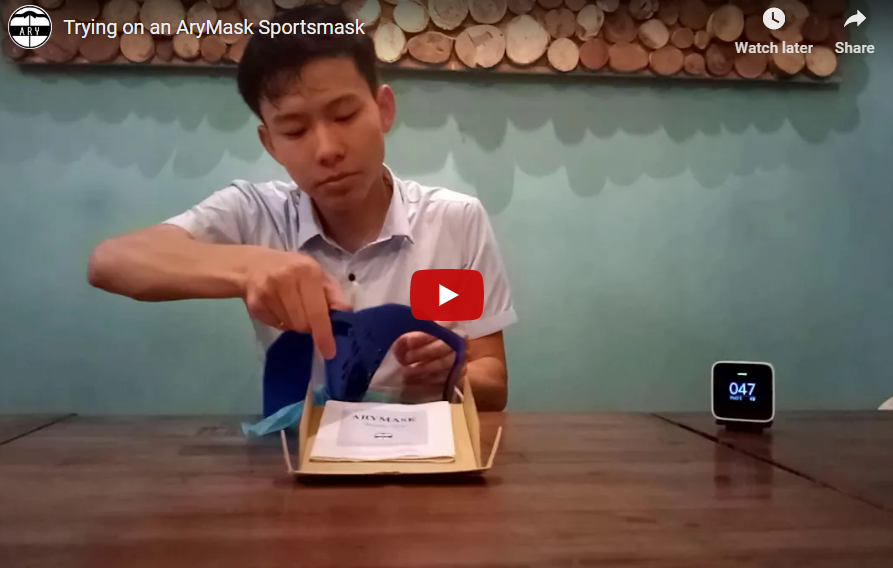
Trying On An AryMask – Fit and Seal Test


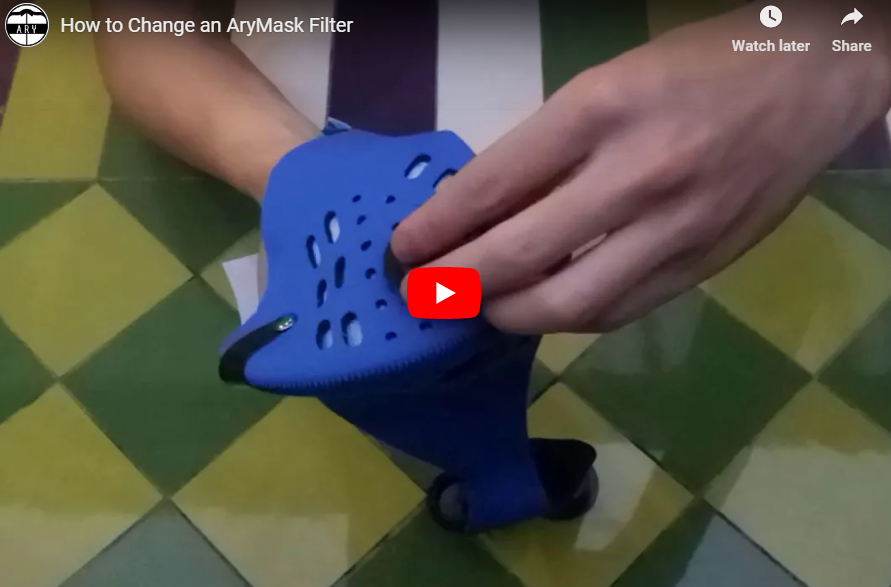

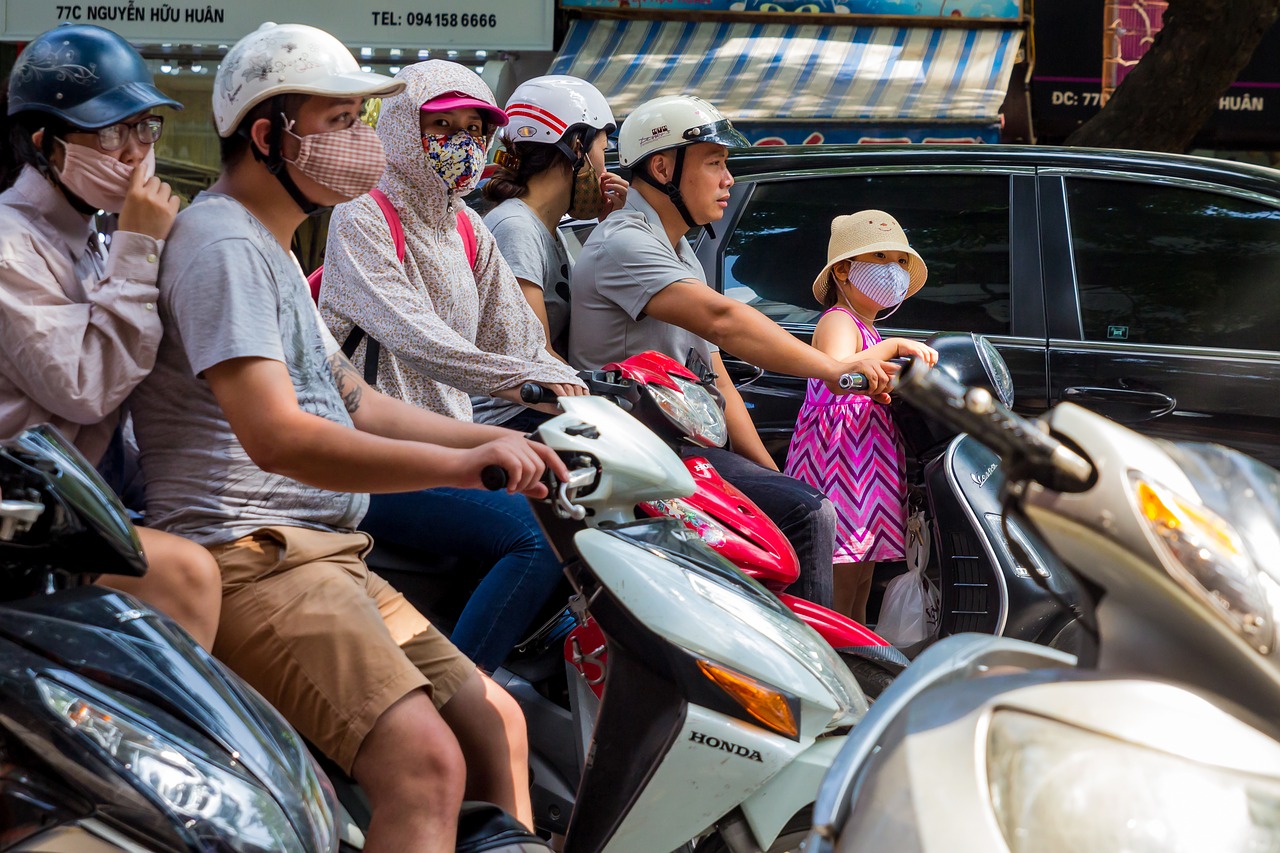

The answer is simple: buy and use electrostatic (microfiber) cloth!
There are many reasons why dust collects on our things. First of all, most people own more things than they actually use daily. That’s because we have invested our time or money into material things, which then seem to lose their use, or are sometimes replaced. We then convince ourselves that we will later find time to sell, get rid of, or make use of it… which rarely is more important than things you’ve purchased more recently. This, can be seen as hoarding.
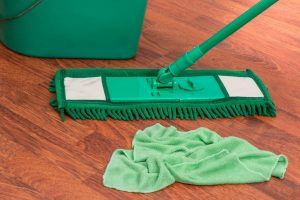
Dust is more rampant in dusty areas. Therefore, if you often keep windows or doors open, and you live in a dusty area, the invisible dust particles will creep into your home and lodge themselves on your belongings. To stop this from happening, limit the amount of time you leave your windows and doors open, and perhaps use the fan on your air conditioner or another ventilation system to keep circulating air indoors.
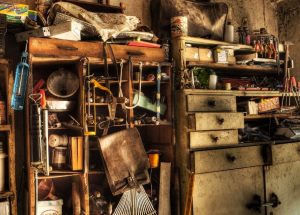
If you use your A/C a lot, and have not had it maintained in a long time, you should call a repairman to take a look at the filter and perhaps change it. If you have no pets or allergies, you should change your A/C filter every 6-12 months. If you have a pet or allergies, you should change/clean your A/C filter every 20-60 days.

When sweeping, keep the broom at a 45-degree angle from the floor. Don’t sweep everything swiftly, letting the broom stay perpendicular or upright. Doing this will cause all the dust to go into the air and spread. It will also only come down out of the air slowly and spread onto other material belongings.

Here are 6 tips to living in a dust free environment.
1. Sell your material things, or simply own less.
2. Keep windows and doors closed, but don’t forget to circulate the air in your living space.
3. Keep dusty things (shoes, bikes, furry jackets, or old fabric) out of your living space. To clean, use electrostatic cloth that attract dust particles.
4. Use electrostatic cloth instead of a duster! They collect the dust instead of spread it.
5. When sweeping, don’t rush!
6. Get a high quality HEPA air purifier that removes the dust from the air you live in. We would suggest the Xiaomi 2S for around $130.